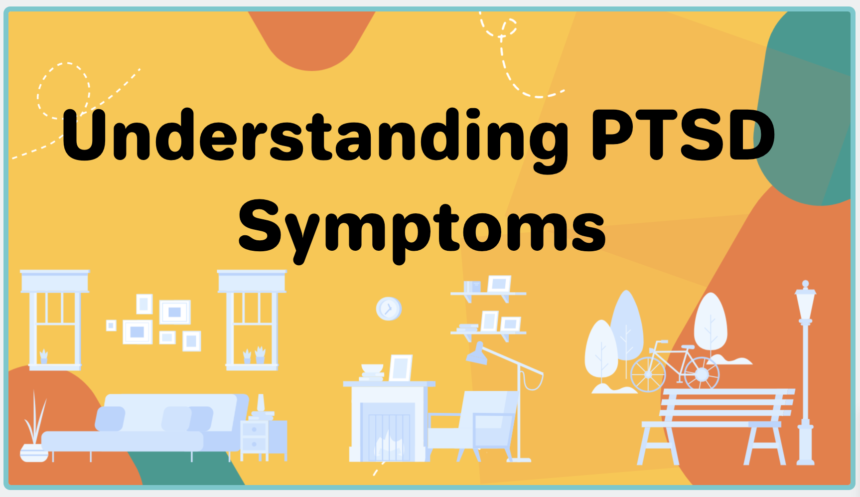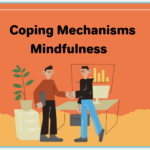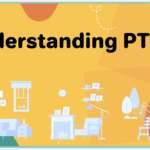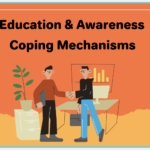Emotional numbing is a psychological response that occurs when individuals detach from their feelings as a means of coping with distressing experiences. Commonly associated with post-traumatic stress disorder (PTSD), this phenomenon significantly affects one’s ability to experience emotions fully. For veterans in the UK, emotional numbing can manifest as a struggle to connect with their emotions or as a sense of disconnection from everyday life and relationships. This disconnection may lead to feelings of alienation, contributing to a cycle of social withdrawal and impaired functioning.
The onset of emotional numbing is often linked to traumatic experiences, particularly those encountered during military service. Veterans may experience combat-related trauma or the sudden loss of comrades, leading to overwhelming emotions. In an effort to protect themselves from pain and suffering, they may subconsciously adopt an emotionally detached stance, which can hinder their ability to engage in intimate relationships or enjoy previously pleasurable activities. Symptoms may include a lack of emotional responsiveness, difficulty expressing thoughts and feelings, and a pervasive sense of emptiness or numbness.
Several factors contribute to the development of emotional numbing in military personnel. These include the high-stress environment of combat, the necessity to remain stoic during crises, and the societal pressures surrounding expressions of vulnerability. Consequently, veterans might internalize these experiences, leading to maladaptive coping mechanisms. Additionally, the stigma surrounding mental health in military culture can discourage seeking help, further exacerbating feelings of isolation. Addressing emotional numbing is crucial for veterans’ mental health recovery and requires therapeutic interventions that promote emotional awareness and reconnection with feelings.
The Connection Between PTSD and Emotional Numbing
Post-Traumatic Stress Disorder (PTSD) is a mental health condition that often arises following exposure to traumatic experiences. For military veterans in the UK, such trauma can stem from combat situations, witnessing atrocities, or enduring life-threatening events. One of the most significant effects of PTSD is emotional numbing, a phenomenon where individuals find it challenging to engage with their emotions. This emotional disconnection can create barriers in personal relationships and hinder everyday functioning.
Trauma has profound impacts on an individual’s neurological and psychological responses. When a person experiences something traumatic, their body reacts by entering a heightened state of alertness. Over time, this constant state of anxiety can lead to an association between emotional responses and feelings of fear or danger. Consequently, many veterans develop a coping mechanism characterized by emotional numbing, where they may limit their emotional expression as a means to protect themselves from further distress.
This emotional detachment manifests as difficulty in expressing feelings such as sadness, joy, or anger. Veterans often describe a sense of emptiness and a belief that they are disconnected from their emotions and those around them. This can be particularly isolating, as they might struggle to relate to loved ones or participate in social activities. Common triggers, such as flashbacks to traumatic events or reminders of duty, can exacerbate these feelings and reinforce the cycle of emotional numbness.
Understanding the connection between PTSD and emotional numbing is crucial for both veterans and their support networks. Recognizing the psychological mechanisms at play can provide insight into the behaviors exhibited by those struggling with PTSD. By fostering awareness of these challenges, effective support systems can be established to aid in emotional recovery and encourage veterans to seek help, ultimately improving their quality of life.
Impact of Emotional Numbing on Daily Life and Relationships
Emotional numbing, a common symptom experienced by veterans with PTSD, significantly affects various aspects of daily life and interpersonal relationships. When individuals become disconnected from their emotions, they often struggle with social interactions. Simple activities, such as participating in conversations or engaging in community events, can become overwhelming. This disconnection fosters feelings of isolation, as veterans may withdraw from social situations to avoid discomfort. Consequently, their support networks can diminish, leading to increased loneliness and a sense of being misunderstood.
In workplace environments, emotional numbing can hinder productivity and professional relationships. Veterans may find it challenging to collaborate effectively with colleagues, as their inability to communicate emotions may create misunderstandings. Decisions that require empathy, such as leadership roles or team-based projects, can become increasingly difficult due to a lack of emotional awareness. Furthermore, this state may result in decreased motivation, impacting overall job performance and satisfaction.
Personal relationships are particularly vulnerable to the effects of emotional numbing. Intimacy, a crucial element in establishing deep connections, can become compromised when one or both partners struggle to express or experience emotions. This dynamic can lead to frustration and resentment, as loved ones may feel emotionally neglected or alienated. Healing from PTSD is not solely about addressing traumatic experiences but also involves fostering emotional engagement. A veteran’s inability to connect with their feelings creates barriers in relationships with friends, family, and romantic partners.
Addressing emotional numbing is vital for enhancing the quality of life for veterans. Acknowledging the struggles associated with this condition can pave the way for more effective support systems and therapeutic interventions. By fostering understanding and compassion, both veterans and their loved ones can work together to navigate the challenges that arise from emotional numbing.
Coping Strategies and Seeking Help
Emotional numbing is often a significant barrier for veterans living with PTSD, as it can hinder their ability to process emotions and engage in meaningful relationships. Therefore, implementing effective coping strategies is vital for managing these challenges. One prominent approach is counseling, which provides a safe environment for veterans to explore their feelings. Trained professionals can guide individuals in understanding their emotional responses and developing healthier coping mechanisms.
Cognitive Behavioral Therapy (CBT) is another therapeutic method widely recommended for veterans experiencing emotional numbing. CBT focuses on identifying and challenging negative thought patterns, offering strategies to reframe perceptions of traumatic events. This therapy not only aims to improve emotional regulation but also seeks to enhance overall mental resilience. Engaging in group therapy sessions can fulfill social support needs and allows veterans to share their experiences with peers who understand their struggles.
Seeking help is crucial, and veterans are encouraged to connect with support from both professionals and within the community. Numerous organizations dedicate their resources to assisting veterans in the UK, providing tailored mental health services, including counselling and peer support groups. Examples of these organizations include Help for Heroes and the Royal British Legion, which offer both emotional and practical assistance.
Additionally, veterans should not hesitate to access the National Health Service (NHS) mental health services, which can provide comprehensive evaluations and treatment options. Community-based support can also significantly alleviate the feelings of isolation that often accompany emotional numbing. Participating in local veteran organizations or engaging with community events can foster connections, improving both emotional well-being and social skills.
In conclusion, promoting emotional health through therapy, community support, and professional resources is essential for veterans coping with PTSD and emotional numbing. By actively seeking help and engaging with available resources, individuals can navigate their emotional challenges more effectively and improve their overall quality of life.






